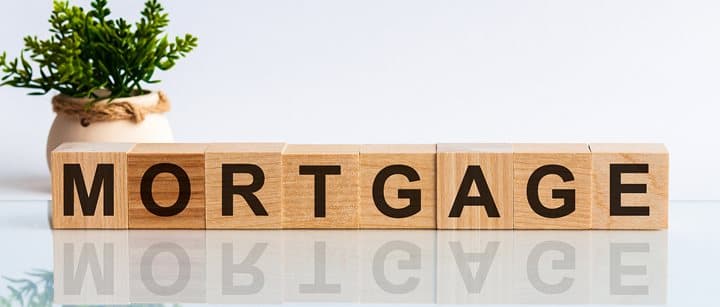Choosing the Right Mortgage: A Step-by-Step Guide
Whether you're a First Time Buyer or you've owned a property before, we break down what you should be asking when you consider a mortgage.

Whether you're a First Time Buyer or you've owned a property before, we break down what you should be asking when you consider a mortgage.

Choosing who to get a mortgage with can depend on the type of mortgage you will need. Some mortgage lenders will not offer the type of mortgage you are looking for, so this will narrow down your options. A mortgage broker can help you find the best deal.
It is important to research different mortgage lenders and compare mortgage rates and reviews.
Choosing a good mortgage broker is important as they will be helping you find a lender and your mortgage. Mortgage brokers may have access to deals that you cannot find by looking on your own.
To find the mortgage broker that is right for you read reviews, compare fees, check their availability, and always check the FCA’s Financial Services Register to make sure they are properly qualified.
A fixed-rate mortgage is the most common type of mortgage in the UK and is especially popular with First Time Buyers.
Compare moving quotes in 4 simple steps